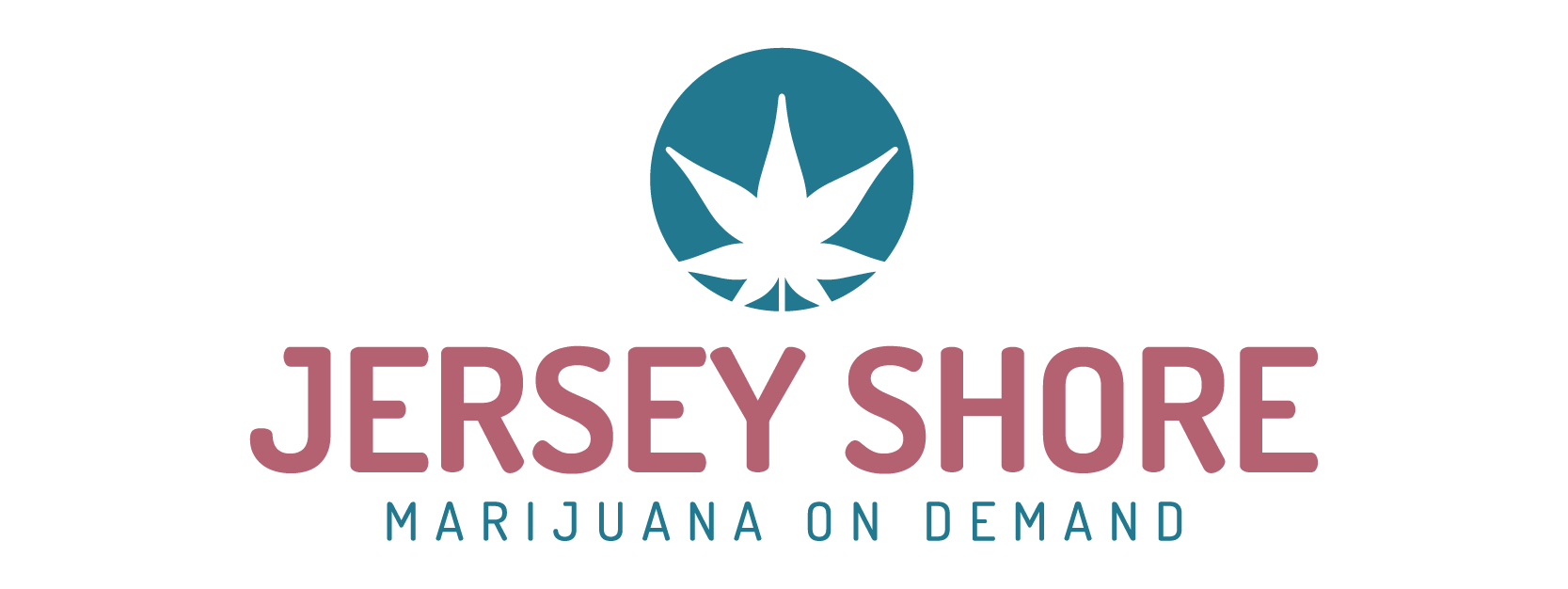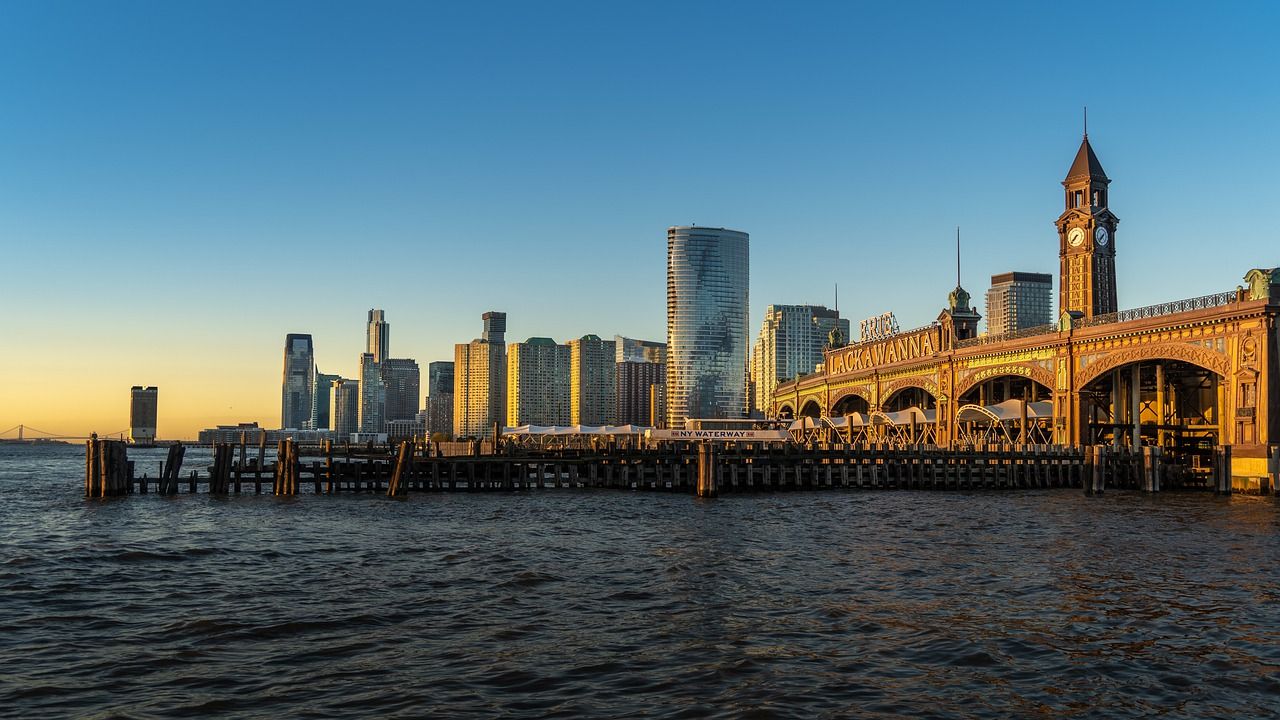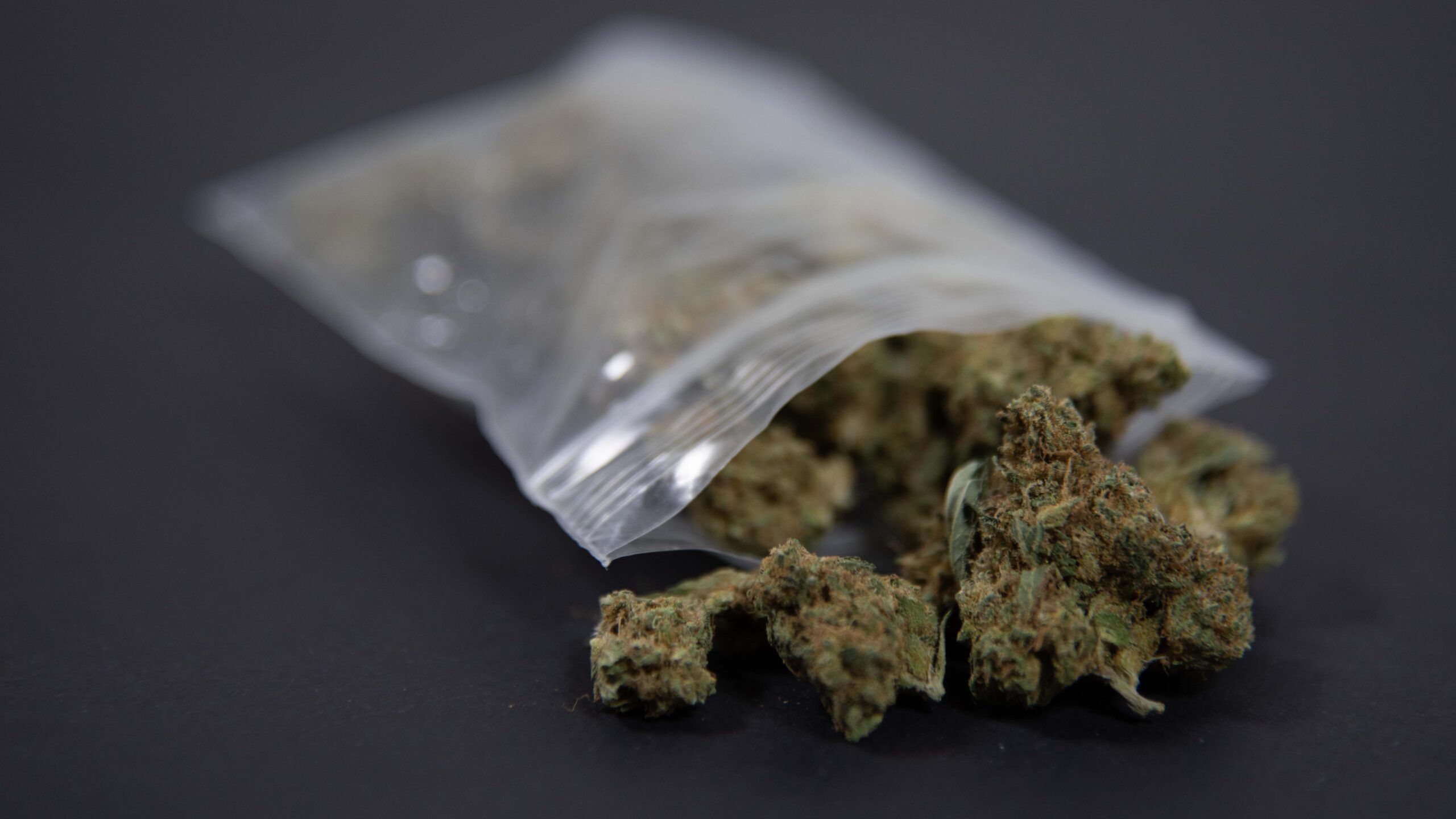Since New Jersey legalized recreational cannabis in 2021, the state has witnessed a booming legal market, with over 170 licensed dispensaries and quarterly sales soaring above $230 million as of mid-2024. Yet in the Jersey Shore region, the black market has proven resilient, raising questions about the true effectiveness of legalization in displacing illicit cannabis operations.
Black Market Still Thriving
Despite the presence of licensed dispensaries in some coastal towns, many consumers continue to rely on illegal sellers. The reason is often economic. Products from legal dispensaries tend to be significantly more expensive than those on the black market—sometimes double the price—due to regulatory costs, taxes, and supply limitations.
In addition, around 70% of New Jersey municipalities have chosen to opt out of allowing cannabis retail operations. This restriction in legal access has left entire pockets of the Jersey Shore underserved, creating a vacuum quickly filled by unlicensed dealers and delivery services.
Adding to the problem is the so-called “gifting” loophole, a tactic where businesses sell low-cost items like stickers or snacks and include cannabis as a free gift. Several high-profile cases in Ocean County and surrounding areas have led to law enforcement crackdowns, resulting in business closures, fines, and property seizures. Still, these operations continue to pop up, especially during high-traffic tourist seasons.
Enforcement and Equity Struggles
Law enforcement agencies are often caught in a bind. While illegal operations remain prevalent, pursuing them aggressively risks undermining public support for legalization. Some residents argue that too much emphasis on enforcement could disproportionately impact marginalized communities, echoing patterns from the pre-legalization era.
At the same time, the state’s push for social equity in cannabis licensing has encountered challenges. Although New Jersey requires that 30% of licenses be issued to minority-owned, woman-owned, or disabled-veteran-owned businesses, many entrepreneurs—particularly Black business owners—report facing systemic barriers to entry, including difficulty accessing capital, navigating complex regulations, and overcoming local opposition.
What’s Next for Jersey Shore?
Looking ahead, industry analysts and community leaders point to a few key changes that could steer the region toward a more stable and equitable cannabis marketplace.
First, price parity between legal and illegal cannabis will be crucial. Reducing taxes, expanding wholesale supply, and encouraging more competition could bring down legal prices and increase consumer loyalty to licensed sellers.
Second, local governments may need incentives or support to revise their cannabis zoning policies. With more municipalities permitting cannabis businesses, legal access could be expanded, reducing the need for residents and tourists to turn to illegal options.
Third, closing regulatory loopholes and streamlining the license application process would help foster a more diverse and compliant industry.
While legalization has brought undeniable benefits—job creation, tax revenue, and a safer product supply chain—the Jersey Shore’s lingering black market reminds residents that cannabis reform is still a work in progress. As New Jersey’s legal industry matures, success will depend on balancing enforcement, accessibility, and equity, especially in high-demand tourist destinations like the Shore.





